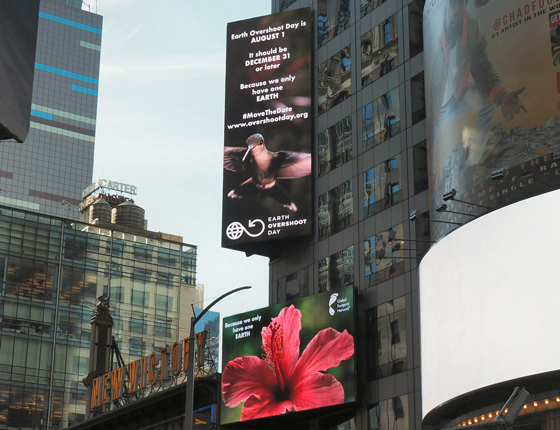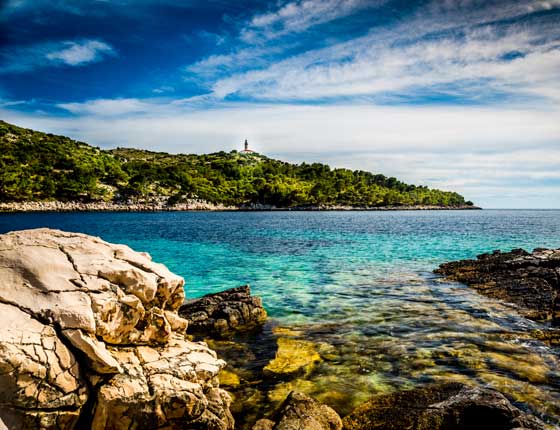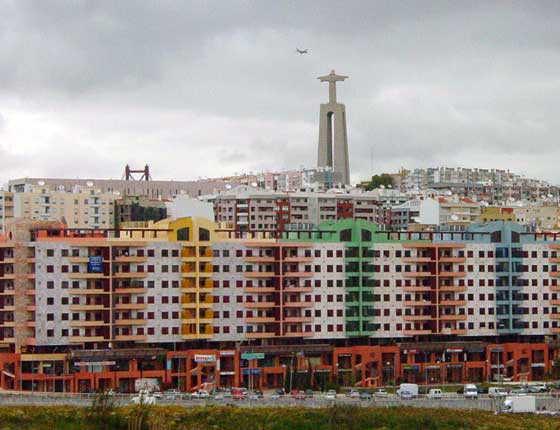Our Impact
From empowering villagers in India to helping shape sustainability policy for multinational corporations, Global Footprint Network has had far-reaching impact since its inception more than a decade ago.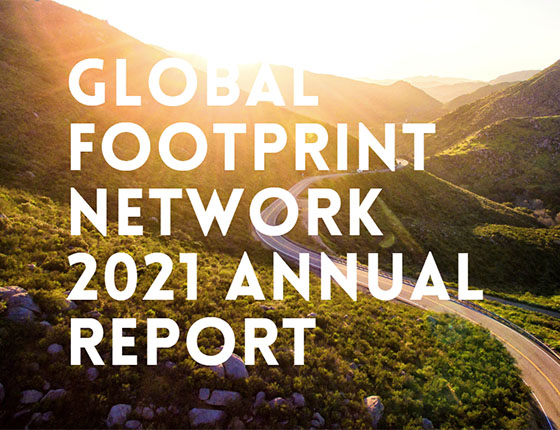
Annual Impact Reports
Since our inception in 2003, we’ve engaged with more than 50 countries and 50 cities on six continents, and partnered with more than 80 organizations on numerous projects, including WWF’s Living Planet campaign and UNEP with GEO Reports.
To expand our reach, we launched our #MoveTheDate Solutions map the crowd-sourced social platform in 2019. Some 3,000 members and hundreds of solutions populated the map within the first 6 months of its launch. Our individual Ecological Footprint Calculator currently draws 3 million users per year, for a cumulative 18 million since it was launched online in 2007. In 2020 the annual Earth Overshoot Day campaign, which we started in 2006, reached more than 4 billion media impressions in more than 120 countries
Find the highlights of our work around the world in our annual impact reports.
Policy
Decision-makers at all levels turn to the Ecological Footprint to better understand
resource needs, limits, and dependencies and guarantee citizens' well-being and
economic prosperity.
Ecotourism project using Ecological Footprint to launch pilot test
Ecotourism is touted as a green option to traditional vacations, but how green is it? And how do we measure... More ›Six cities in Portugal sign on to Footprint initiative
Imagine if a city’s funding from the national government were calculated based on its Ecological Footprint and available resources. That’s... More ›Switzerland
Updated May 2022 In December 2006, Switzerland became the first country to work with Global Footprint Network to examine and... More ›Business and Finance
Leaders around the world have turned to Ecological Footprint data to raise sustainability awareness with internal and external stakeholders.
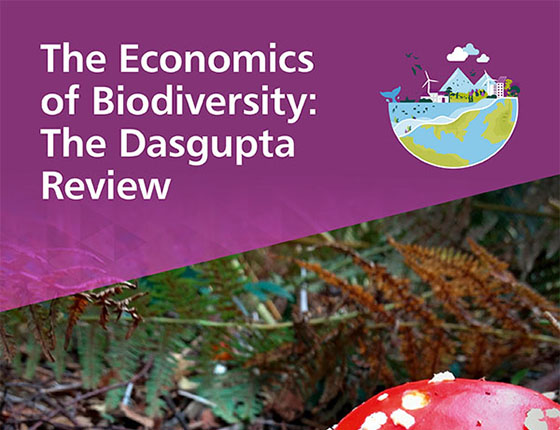
The Economics of Biodiversity: The Dasgupta Review
The Economics of Biodiversity: The Dasgupta Review was released in February 2020. Published by the UK government, the report is a strong reference piece for grounding economics on an ecological foundation. It confirms the significance of ecological overshoot and helps build the bridge that links climate, biodiversity, and the human economy.
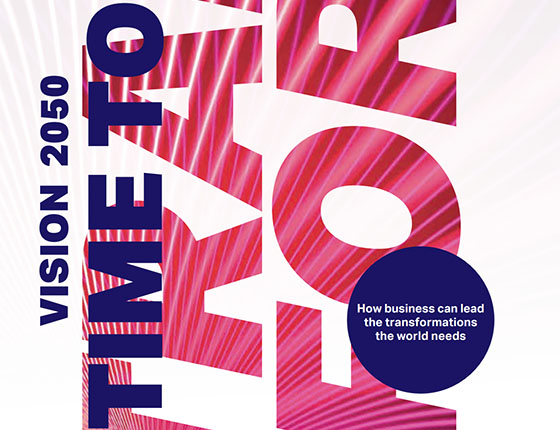
Time to Transform
The World Business Council for Sustainable Development’s Vision 2050 project included Global Footprint Network’s Ecological Footprint-UN Human Development Index (HDI) framework in its latest report, Time to Transform. Vision 2050 identified the critical challenges that the corporate sector will face and outlined pathways to guide business action in the coming years. The project involved the participation of companies such as 3M, Syngenta, Rabobank, Fujitsu, Microsoft, Shell, Toyota, and Volkswagen.
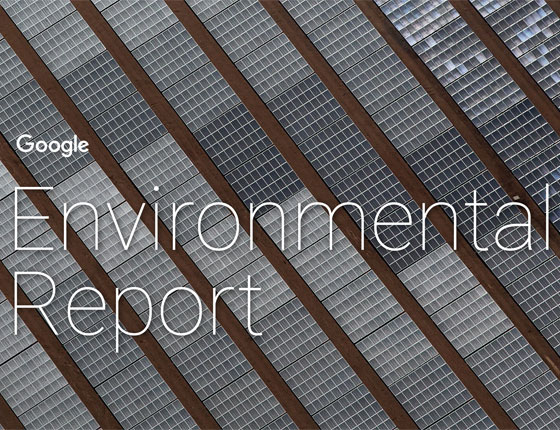
Google Environmental Report
“Humanity is using natural resources at an astonishing rate,” Google notes in its first comprehensive Environmental Report, released at the end of 2016. In a section titled “Addressing a global challenge,” Google cites Global Footprint Network data from Earth Overshoot Day: “In 2015, global demand for resources was equivalent to 1.5 times what the earth can support in one year.” Kate Brandt, Google’s lead for sustainability, spoke about Earth Overshoot Day at SXSW Eco in 2016 (see 11:50 – 13:00).
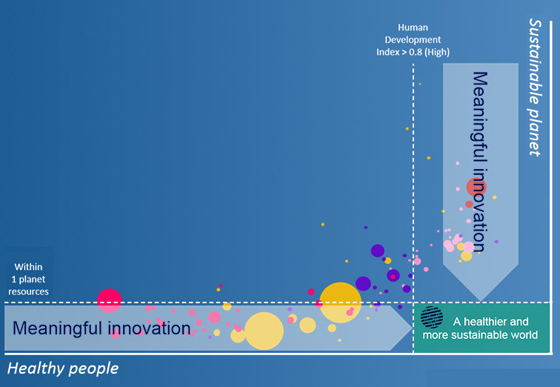
Philips: Healthy People, Sustainable Planet
A five-year sustainability program launched in June 2016 by Royal Philips was inspired by Global Footprint Network’s Ecological Footprint-UN Human Development Index (HDI) framework, as included in WWF International’s Living Planet Report. As noted on Philips’ website, the company developed its sustainability program based on two dimensions: 1) social dimension (HDI) and 2) ecological dimension (Footprint).

Education and Action
We inspire and mobilize individuals through education and advocacy campaigns, including Earth Overshoot Day and our Footprint Calculator.
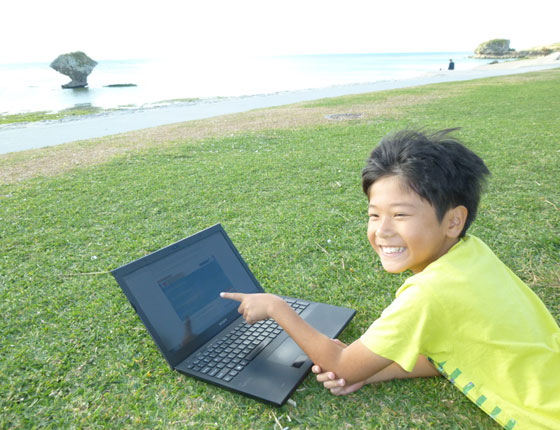
Footprint Calculator
More than 3 million people around the world, including students and educators, use our calculator to measure their Ecological Footprint and learn more about what they can do to tread more lightly on the Earth. In August 2017, we launched a mobile-friendly version of our calculator with updated data, methodology, and graphics, now available in eight languages.
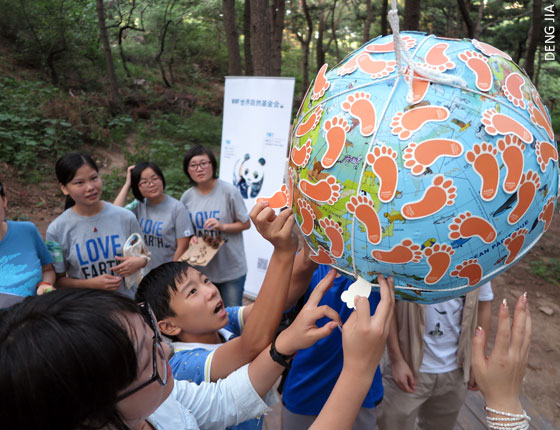
Earth Overshoot Day
Earth Overshoot Day is our annual campaign that marks the date when humanity has exhausted nature’s budget for the entire year. The campaign drew coverage from more than 4,000 websites around the world in 2020, including major publications such as The New York Times, Le Monde, and The Guardian.
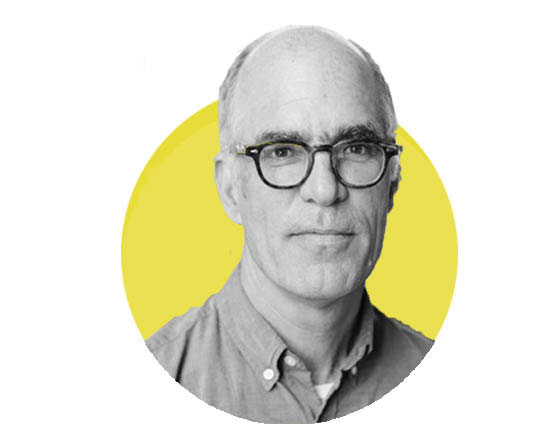
Our Work with WWF
We have been working with World Wildlife Fund for more than a decade to support its mission: To stop the degradation of our planet's natural environment, and build a future in which people live in harmony with nature.

Footprint and Biodiversity
In order to achieve its mission, WWF focuses its efforts on two broad areas: 1) Biodiversity – to ensure that the Earth web of life stays healthy and vibrant for generations to come; and 2) Footprint – reducing the negative impacts of human activity – our Ecological Footprint – and that the use of natural resources required for life are managed sustainably and equitably.
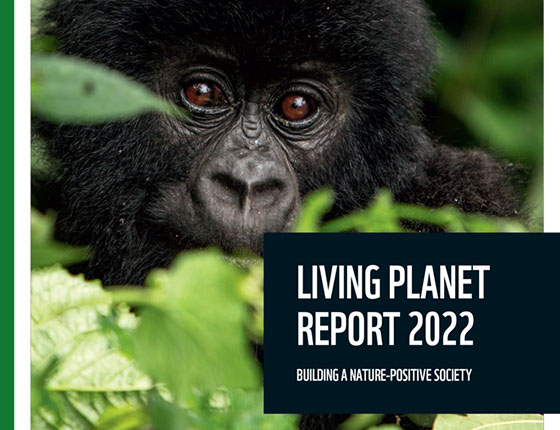
Living Planet Report
Every two years, WWF publishes the Living Planet Report, the world’s leading science-based analysis on the health of our planet and the impact of human activity. Global Footprint Network has collaborated with WWF on the biennial Living Planet Report since 2000. The 2020 report shows that the over-exploitation of ecological resources by humanity has contributed to a 68 percent plunge in wild vertebrate populations from 1970 to 2016.
“When I was working on the earliest environmental conventions to protect ecosystems, it was clear that to succeed we had to bring back nature into people’s minds and hearts. But in spite of our efforts, and impressive successes, we have not succeeded enough. Ecosystems are becoming ever more strained, yet we run our economies as if it doesn’t matter. This is why I am so taken by the simple yet powerful approach the Ecological Footprint offers any of us, from young people all the way to finance ministers. This is why I believe in Global Footprint Network’s work, and invite you to join it.”



